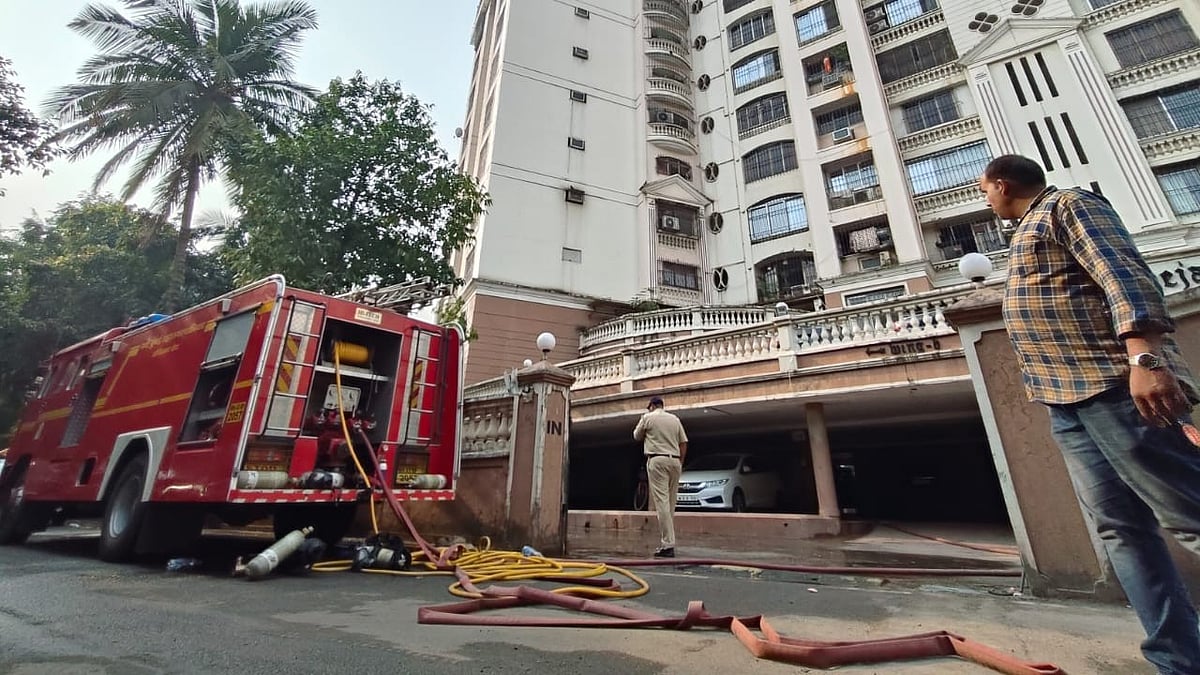The Prime Minister’s Office (PMO) has intervened following strong objections from environmental groups against a proposal to relax India’s Coastal Regulation Zone (CRZ) norms. The PMO has referred the matter to the Union Ministry of Environment, Forest and Climate Change (MoEFCC) for examination.
Environmental groups urge PM to reject NITI Aayog’s proposal
The objections, jointly filed by NatConnect Foundation and Sagar Shakti, urged the Prime Minister to reject a NITI Aayog panel’s recommendation to reduce the CRZ limit from 500 metres to 200 metres from the High Tide Line (HTL). The groups described the proposal as “a disaster in the making” that could severely affect India’s fragile coastal ecosystems.
According to the PMO’s grievance redressal portal, the issue has been marked to the MoEFCC’s CRZ Impact Assessment Division for a detailed review.
NITI Aayog panel cites developmental constraints
A high-level committee headed by NITI Aayog member Rajiv Gauba had suggested easing the 500-metre restriction, arguing that the existing rule was overly restrictive and hindered small-scale tourism, fishing, homestays, and coastal infrastructure projects, according to a report in a leading financial daily.
However, environmentalists warned that such relaxation could lead to unchecked coastal construction, increasing vulnerability to flooding and erosion.
“Allowing development near the sea defies logic”
“Allowing development near the sea at a time of rising sea levels defies all logic,” said B. N. Kumar, Director of NatConnect Foundation. “Worldwide, cities are moving away from the coast, not towards it.”
Kumar cited the Indian Development Report, which warns that 113 Indian cities across nine states could face partial submergence by 2050. He also referred to government data from June 2024, indicating that 23.7% of Karnataka’s coastline is eroding and 33.6% of India’s total coastline remains vulnerable.
He added that CRZ norms had already been diluted in tidal-influenced areas such as creeks and estuaries, allowing construction up to 100 metres despite repeated opposition from environmental groups. Referring to NASA data, Kumar noted that global sea levels have risen 91 millimetres since 1993.
Activists warn of real estate exploitation
Sagar Shakti Director Nandakumar Pawar cautioned that the proposed dilution, while framed as a move to aid fishing communities, would actually “open up coastal areas for unchecked real estate expansion.”
“At a time when we should be investing in coastal protection and disaster preparedness, it is shocking that we are considering moving construction even closer to the sea,” Pawar said.
He also criticised a related NITI Aayog recommendation to reduce the mandatory green cover for industries from 33% to 10%, calling it “a reckless move that will worsen pollution and public health risks.”
Call for expert consultation
Both organisations have appealed to the Centre to consult independent experts and coastal residents before implementing any changes that could permanently endanger India’s marine ecology.









